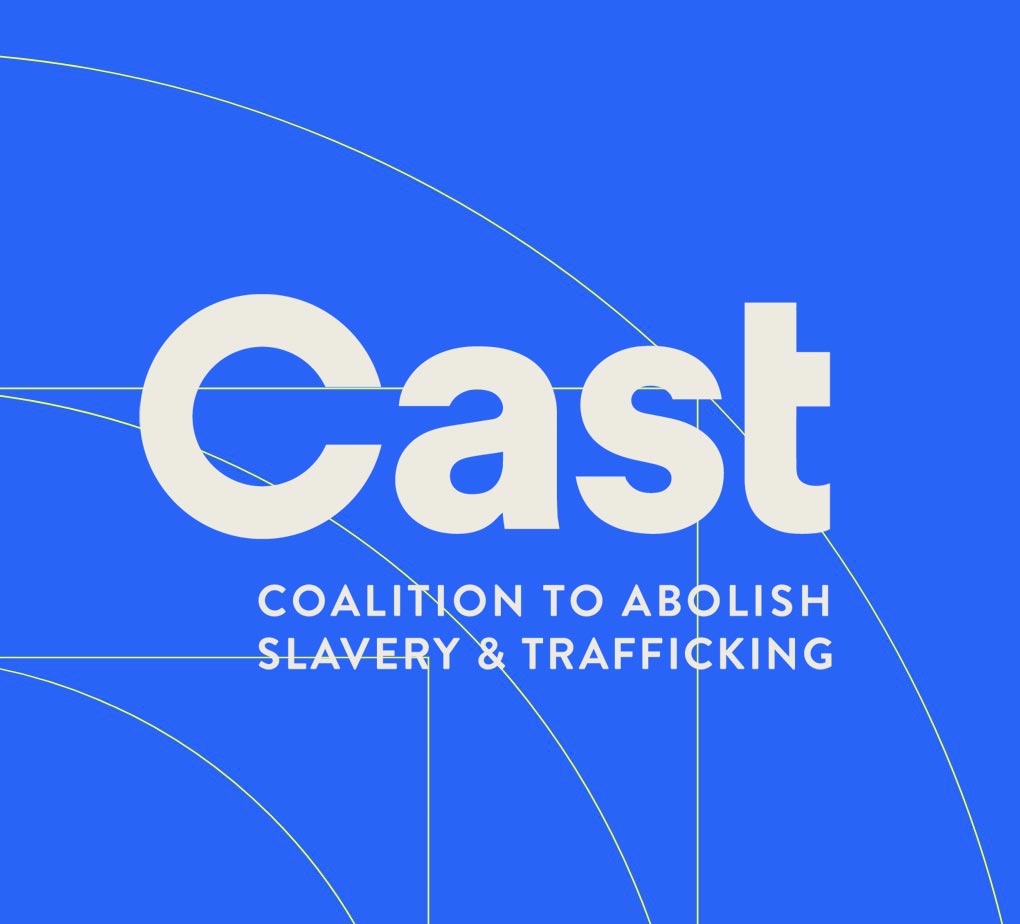Bridging Practice
with Policy
Using over 25 years of learning from survivors, we press local, state, national and global leaders to pass more and better policies to protect survivors and prevent human trafficking. We prioritize the lived experiences and expertise of human trafficking survivors to guide our work. We advance human rights and public health frameworks that address the root causes of trafficking, such as poverty, discrimination, and inequities, while advocating for trauma-informed and community-based solutions. By working collaboratively with legislators, community organizations, and survivor leaders, Cast drives meaningful change to dismantle exploitation and expand rights and resources for survivors.
Current Policy Priorities
Promoting human rights and public health initiatives that address root causes of trafficking.
Expanding resources and funding for service providers by pushing for increased funding and resources for organizations supporting survivors of human trafficking.
Securing survivor protections by advocating for laws that increase the rights of survivors and other populations targeted by discriminatory practices.
Combatting the criminalization of survivors by opposing punitive policies that target survivors and prioritizing survivor-centered, community-based approaches.
Our Policy Work
Showing 1 of 6
Our Newsletter
Stay up to date with Cast.
Sign up to be the first to hear about Cast’s latest policy news.
Sign up to be the first to hear about Cast’s latest research and evaluation news.

“Traffickers utilize force, fraud, and coercion to control their victims. We replicate these circumstances when we threaten survivors with prosecution. By threatening arrest and incarceration, we show survivors that they cannot trust our systems, that they are not there to protect them. These practices only make it more difficult for survivors to trust the services that are available to them such as housing, healthcare, and counseling.”
Leigh LaChapelle,
Associate Director of Survivor Advocacy
